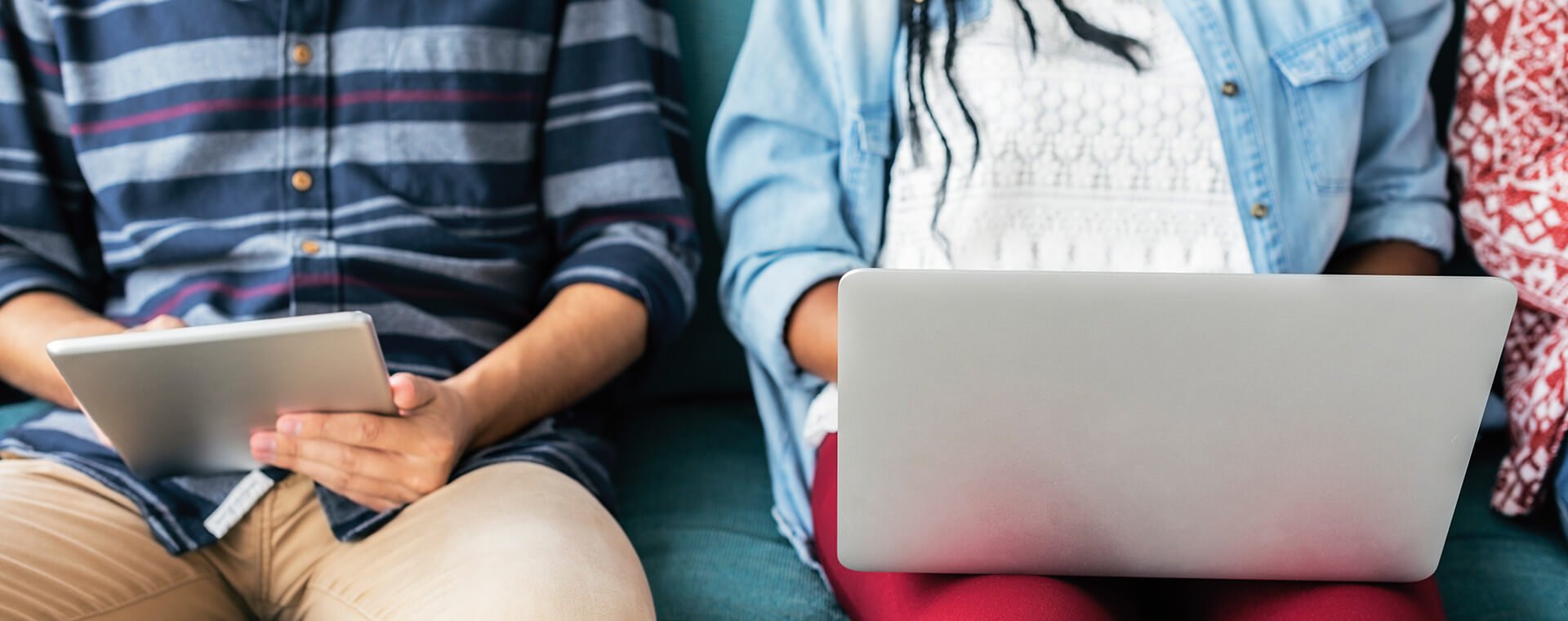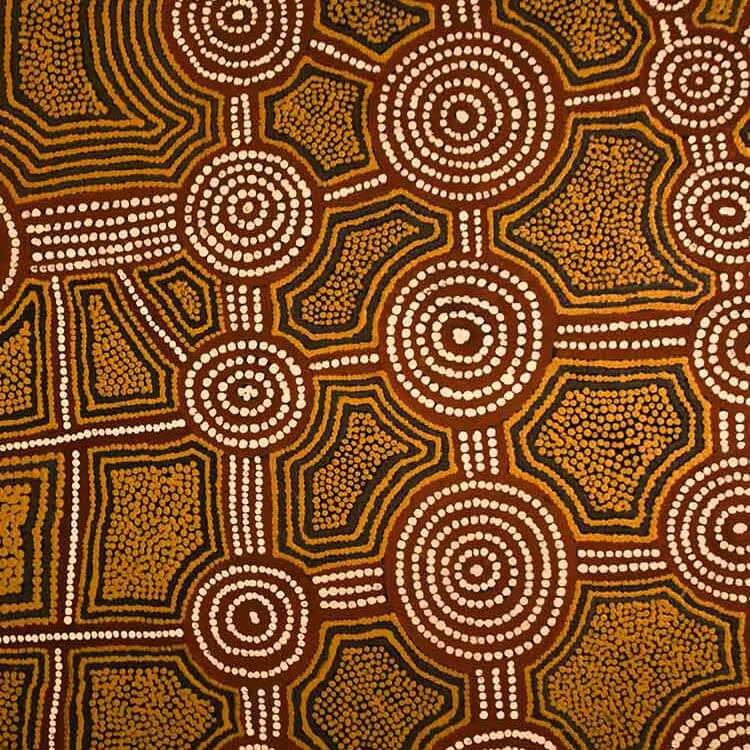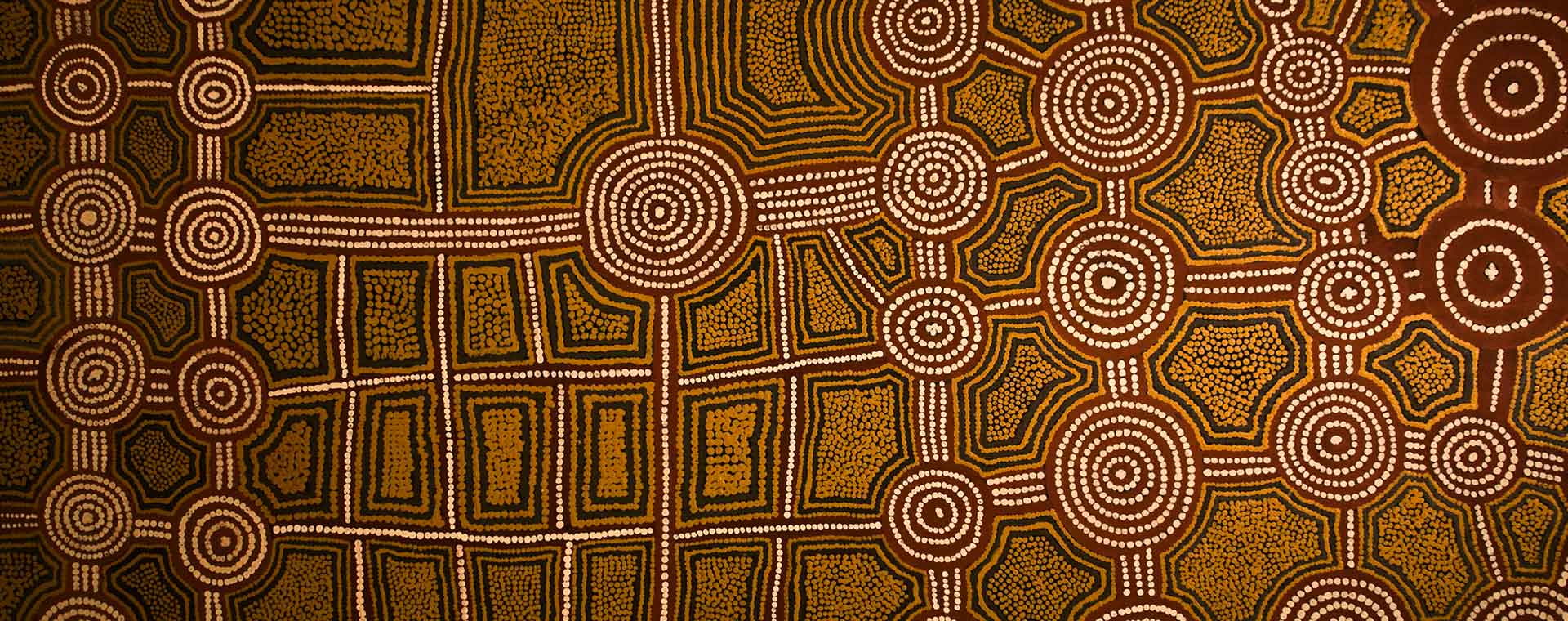Search

The Rio Tinto Children’s Diabetes Centre is committed to increasing the community voice in diabetes research at all levels to ensure our research is

A new research study conducted by Professor Jeneva Ohan and Dr Keely Bebbington aims to develop our understanding of how adolescents navigate these disclosure decisions, and how we can support them to feel more confident when talking to others about their diabetes.

Some other ideas: As well as the 'Activity starters' in the resource downloads tab, here are some other ideas of actions you could take in your

The END RHD CRE is producing a costed, step-wise strategy to end rheumatic heart disease (RHD) as public health priority in Australia.

Aboriginal and Torres Strait Islander communities have some of the highest rates of rheumatic heart disease (RHD) in the world. This report outlines

End RHD CRE News & Events

News & Events
Rheumatic Heart Disease Endgame Strategy: what does it mean to community?Across Australia, more than 5,000 Aboriginal and Torres Strait Islander people are currently living with rheumatic heart disease (RHD) or its precursor, acute rheumatic fever (ARF).
Research
Vitamin D supplementation of initially vitamin D-deficient mice diminishes lung inflammation with limited effects on pulmonary epithelial integrityIn disease settings, vitamin D may be important for maintaining optimal lung epithelial integrity and suppressing inflammation, but less is known of its effects prior to disease onset.
Research
Global, regional, and national life expectancy, all-cause mortality, and cause-specific mortality for 249 causes of death, 1980–2015Globally, life expectancy from birth increased from 61·7 years in 1980 to 71·8 years in 2015
Research
Serum 25-hydroxyvitamin D concentrations and cardiometabolic risk factors in adolescents and young adultsAssociations between serum 25(OH)D concentrations and cardiometabolic risk factors from adolescence to young adulthood in the Raine Study
